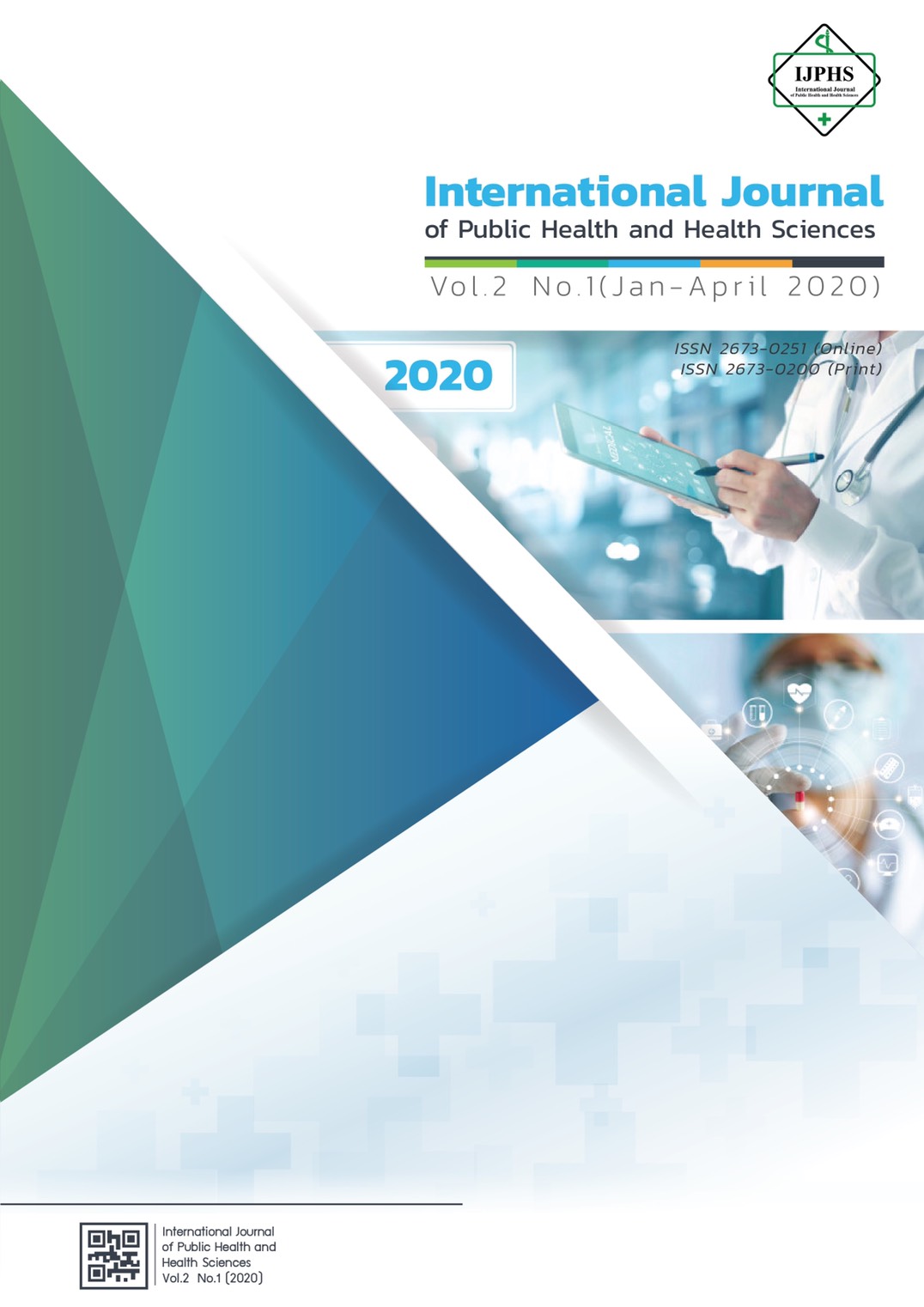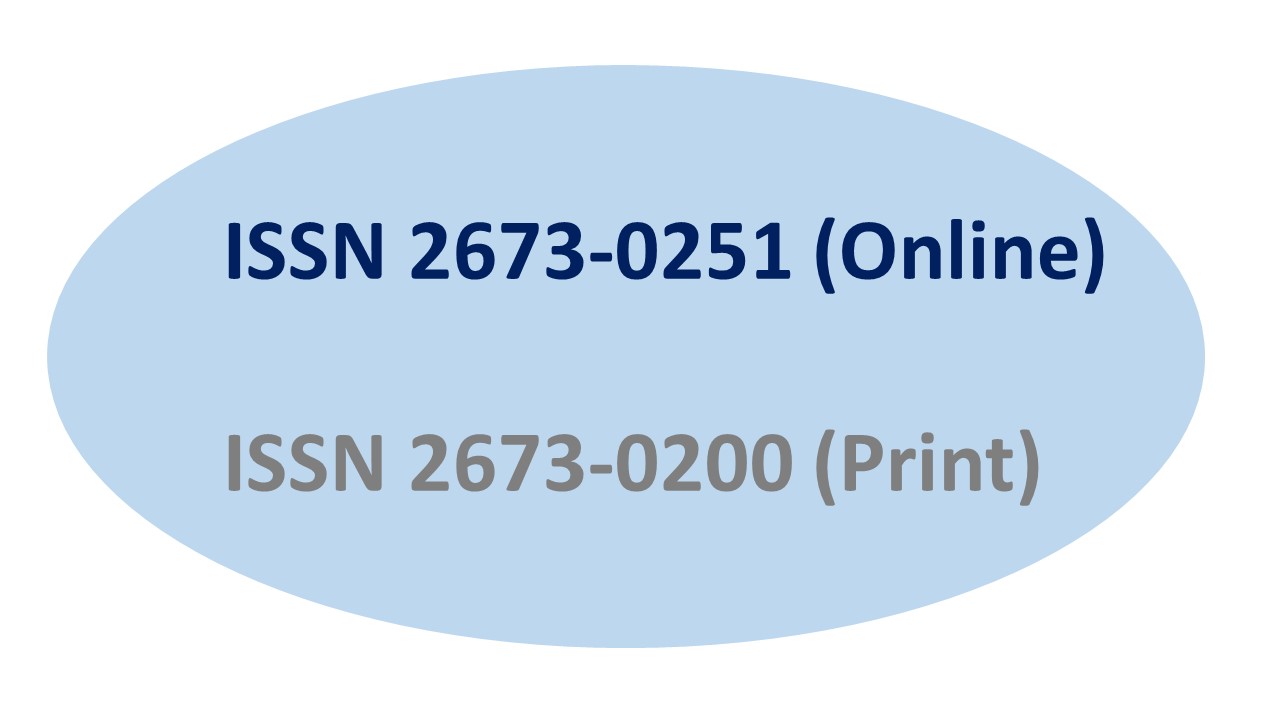The Effectiveness of Family-Based Intervention for Improving Glycemic Control in Patient with Diabetes Melitus Type 2
Keywords:
diabetes, family-based intervention, glycemic controlAbstract
Diabetes Mellitus is a chronic disease that requires sustain support to maintain specific self-care. Support from family becomes the most essential part due to their role as an informal caregiver. This study aimed to determine the effective method of family-based intervention improving glycemic control among DM type II patient. This systematic review based on 4 search engines ( Google Scholar, ScienceDirect, Pubmed, and Proquest) included a clinical trial in recent 5 years, published in English, and free full-text access. Keywords used in this study were a family-based intervention in diabetes. Two reviewers independently assessed studies for eligibility and determined study quality by Jadad score as critical appraisal tools to describe rigour of the RCT method. Quasi-experiment and single-arm prospective study were excluded. As a result, there were 4 final articles discovered. Model of intervention s was more likely similar with variance in follow up time and intensity of education class. This evidence proved significant improvement of glycemic control measured by HbA1C. Diabetes self-management education empowers the family member to provide better assistance in diabetes care.
References
Adu, M. D., Malabu, U. H., Malau-Aduli, A. E. O., & Malau-Aduli, B. S. (2019). Enablers and barriers to effective diabetes self-management: A multi-national investigation. PLoS ONE, 14(6), 1–22. https://doi.org/10.1371/journal.pone.0217771
Al-Lawati, J. A. (2017). Diabetes mellitus: A local and global public health emergency! Oman Medical Journal, 32(3), 177–179. https://doi.org/10.5001/omj.2017.34
Berger, V. W., Alperson, S. Y., Berger, V. W., & Boulevard, E. (2010). A General Framework for the Evaluation of Clinical Trial Quality. Rev Recent Clin Trials., 4(2), 79–88.
Cataloguing, W. L. (2016). Global Report on Diabetes. Isbn, 978, 6–86. Retrieved from http://www.who.int/about/licensing/
Duker, P., Cypress, M., Vivian, E., Funnell, M. M., Fischl, A. H., Siminerio, L., … Maryniuk, M. D. (2015). Diabetes Self-management Education and Support in Type 2 Diabetes. The Diabetes Educator, 41(4), 417–430. https://doi.org/10.1177/0145721715588904
Gomes, L. C., Coelho, A. C. M., Gomides, D. dos S., Foss-Freitas, M. C., Foss, M. C., & Pace, A. E. (2017). Contribution of family social support to the metabolic control of people with diabetes mellitus: A randomized controlled clinical trial. Applied Nursing Research, 36, 68–76. https://doi.org/10.1016/j.apnr.2017.05.009
Hsu, N.-C., Lin, Y.-F., Shu, C.-C., Yang, M.-C., & Ko, W.-J. (2013). Noncancer Palliative Care. American Journal of Hospice and Palliative Medicine®, 30(4), 334–338. https://doi.org/10.1177/1049909112449068
International Diabetes Federation, IDF Diabetes Atlas, 8th edition. (2017). Eighth edition 2017. IDF Diabetes Atlas, 8th edition. https://doi.org/http://dx.doi. org/10.1016/S0140-6736(16)31679-8.
Lindsay S. Uman, P. (2011). Systematic Reviews and Meta-Analyses. J Can Acad Child Adolesc Psychiatry. 2011 Feb; 20(1): 57–59., 20(20), 57–59.
Maslakpak, M. H., Razmara, S., & Niazkhani, Z. (2017). Effects of Face-to-Face and Telephone-Based Family-Oriented Education on Self-Care Behavior and Patient Outcomes in Type 2 Diabetes: A Randomized Controlled Trial. Journal of Diabetes Research, 2017. https://doi.org/10.1155/2017/8404328
Miller, T. A., & DiMatteo, M. R. (2013). Importance of family/social support and impact on adherence to diabetic therapy. Diabetes, Metabolic Syndrome and Obesity: Targets and Therapy, 6, 421–426. https://doi.org/10.2147/DMSO.S36368
Pamungkas, R. A., Chamroonsawasdi, K., & Vatanasomboon, P. (2017). A systematic review: Family support integrated with diabetes self-management among uncontrolled type II diabetes mellitus patients. Behavioral Sciences, 7(3), 1–17. https://doi.org/10.3390/bs7030062
Schmitt, A., Reimer, A., Hermanns, N., Huber, J., Ehrmann, D., Schall, S., & Kulzer, B. (2016). Assessing diabetes self-management with the diabetes self-management questionnaire (DSMQ) can help analyse behavioural problems related to reducedglycaemic control. PLoS ONE, 11(3), 1–12. https://doi.org/10.1371/journal.pone.0150774
Sherwani, S. I., Khan, H. A., Ekhzaimy, A., Masood, A., & Sakharkar, M. K. (2016). Significance of HbA1c test in diagnosis and prognosis of diabetic patients. Biomarker Insights, 11, 95–104. https://doi.org/10.4137/Bmi.s38440
Toobert, D. J., Hampson, S. E., & Glasgow, R. E. (2000). The summary of diabetes self-care activities measure: Results from 7 studies and a revised scale. Diabetes Care, 23(7), 943–950. https://doi.org/10.2337/diacare.23.7.943
Vijayakumar, P., Nelson, R. G., Hanson, R. L., Knowler, W. C., & Sinha, M. (2017). HbA1c and the prediction of type 2 diabetes in children and adults. Diabetes Care, 40(1), 16–21. https://doi.org/10.2337/dc16-1358
Wichit, N., Mnatzaganian, G., Courtney, M., Schulz, P., & Johnson, M. (2017). Randomized controlled trial of a family-oriented self-management program to improve self-efficacy, glycemic control and quality of life among Thai individuals with Type 2 diabetes. Diabetes Research and Clinical Practice, 123, 37–48. https://doi.org/10.1016/j.diabres.2016.11.013
Withidpanyawong, U., Lerkiatbundit, S., & Saengcharoen, W. (2019). Family-based intervention by pharmacists for type 2 diabetes: A randomised controlled trial. Patient Education and Counseling, 102(1), 85–92. https://doi.org/10.1016/j.pec.2018.08.015
Downloads
Published
Issue
Section
License
If the manuscript is accepted for publication, copyright of the article shall be assigned to the IJPHS. After acceptance of a manuscript, the authors will be requested to complete a copyright transfer agreement form







